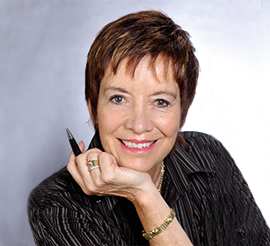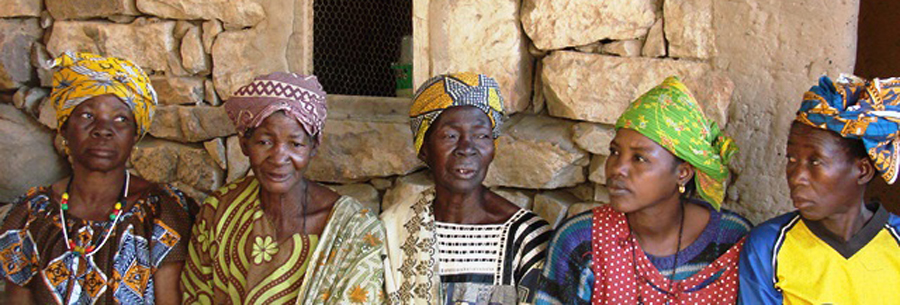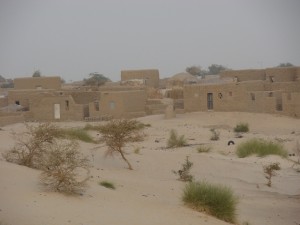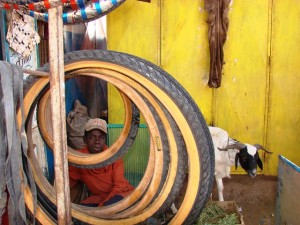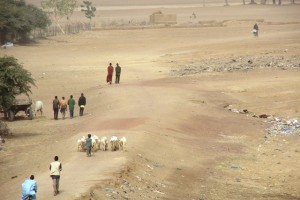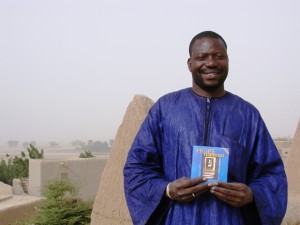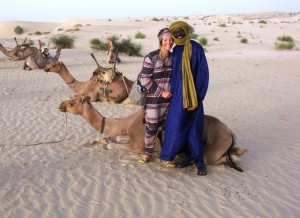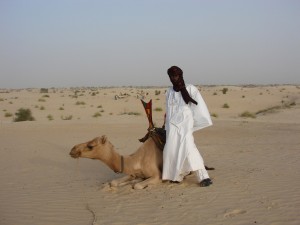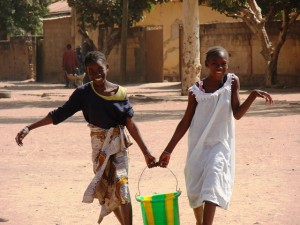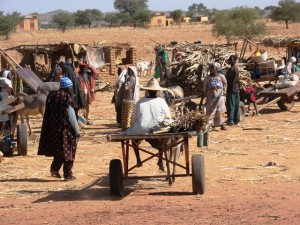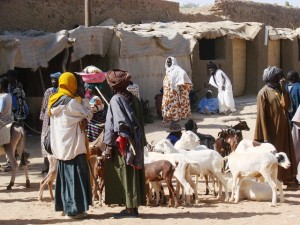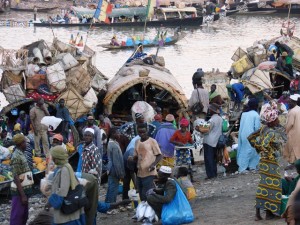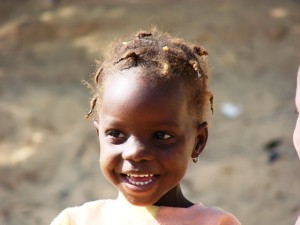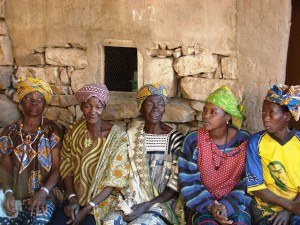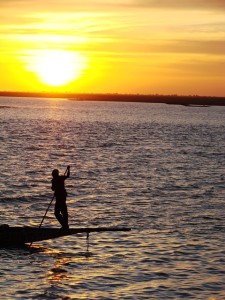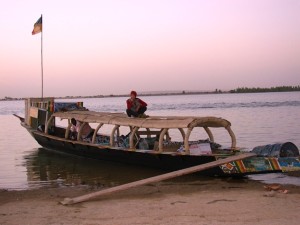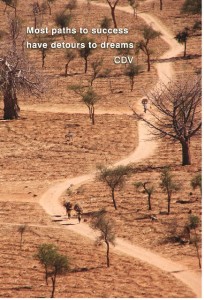Yes, there really is such a place as but before media reports of the recent French liberation from al Qaeda, few people believed it actually existed. More than just a name that conjures up images of a far-flung exotic destination, linked to the ends of the earth, the ancient city is located in Mali in the North West section of Africa.
Once a major centre of learning and trade in the Islamic world-wealthier than Moscow or Madrid- where camel caravans found an oasis from their trek south across the Sahara Desert, it is now little more than a dusty town where people try to eek out a living in the 4th poorest country on earth; a former French colony, where incidentally France still controls approximately 50% of the economy.
Boasting 200,000 citizens in the golden age of the 15th century, there are now less than 20,000 residents in the city that housed over 700,000 manuscripts; lauded as the most important archaeological discovery since the Dead Sea scrolls. The library and manuscripts are now lost forever due to the recent terrorist destruction. This saddens me as an author who packed one of my books for their library. But, as a professional speaker, it was interesting to learn that much of the history of Mali is not written down but passed on to generations by story tellers. I was deeply moved when one such teller of tales told me that when an old man dies, it is like a library has burned down.
Much has been destroyed in Mali-literary, natural and resources; but hopefully the human spirit will remain resilient, as we all must because most paths of success have detours to dreams.
Elephants and giraffes, associated with the African continent, have long since been killed off. The Niger River, the 3d largest in Africa- once the lifeblood running through the town-is now 19 kilometres away, swallowed by sands that have encroached mercilessly on the landscape year after year. Salt was once as valuable to Timbuktu as oil is now to the Middle East but water will be the true wealth of the world for the future.
I’ve been to every continent but this was the toughest trip of all. Ironically, travel is a derivative of the French word travail. Yes, it was hard work. Although I write and speak to organisations about pushing boundaries, it’s no exaggeration to say that I was outside my comfort zone in more ways than one… covered by dust storms and the pollution of vehicles and open sewerage; saddened to be greeted by smiling children and know that many were dying from AIDS as we hugged; camping in flimsy tents on the river bank where we’d spotted hippos or crocs earlier in the day-or on top of mud houses in primitive villages.
Still, there were glimpses of breathtaking beauty when you could see beyond the garbage and grisly poverty; a contrast and contradictions of senses and the senseless. It may be the 4th poorest country on earth but it remains a mystery to me how the people with an average life expectancy of only 44, remain so rich of spirit? The wealthy celebrated the New Year with the slaying of a goat while most seemed joyous with little more than couscous, yams, onions and watermelons as they sang, drummed and danced til dawn.
Did I make any New Year’s resolutions and have you already broken yours? Yes, I did make some resolutions and one will be easy to keep…to never again go camping in a third world country! There certainly won’t be a Tim-buk-3 for me! On a more serious note, I will be more grateful every day for clean water, clean air and clean sheets; freedom of speech and freedom of choice.
A friend claims I only went to Timbuktu because it was the only place one could get frequent flier points at Christmas…Not quite true but I’m always in search of new experiences and material for conferences and books. I’m adamant about always living in the present, looking to the future and not wasting energy on what might have been in our past. But, sometimes, going back in time and place-where little has changed for centuries-may change how we go forward in life.
It was amazing to return safely home and be in awe of something as simple as walking into a supermarket, stocked with all array of fresh and packaged food. I can only imagine how a resident of Timbuktu would react to such abundance that we take for granted.
So I remind myself that although we all have stresses in our daily life, it is no comparison to the every day struggle for survival faced by much of the world and there’s no doubt in my mind that: A ‘bad’ day at home is better than a good day in Timbuktu and that…
